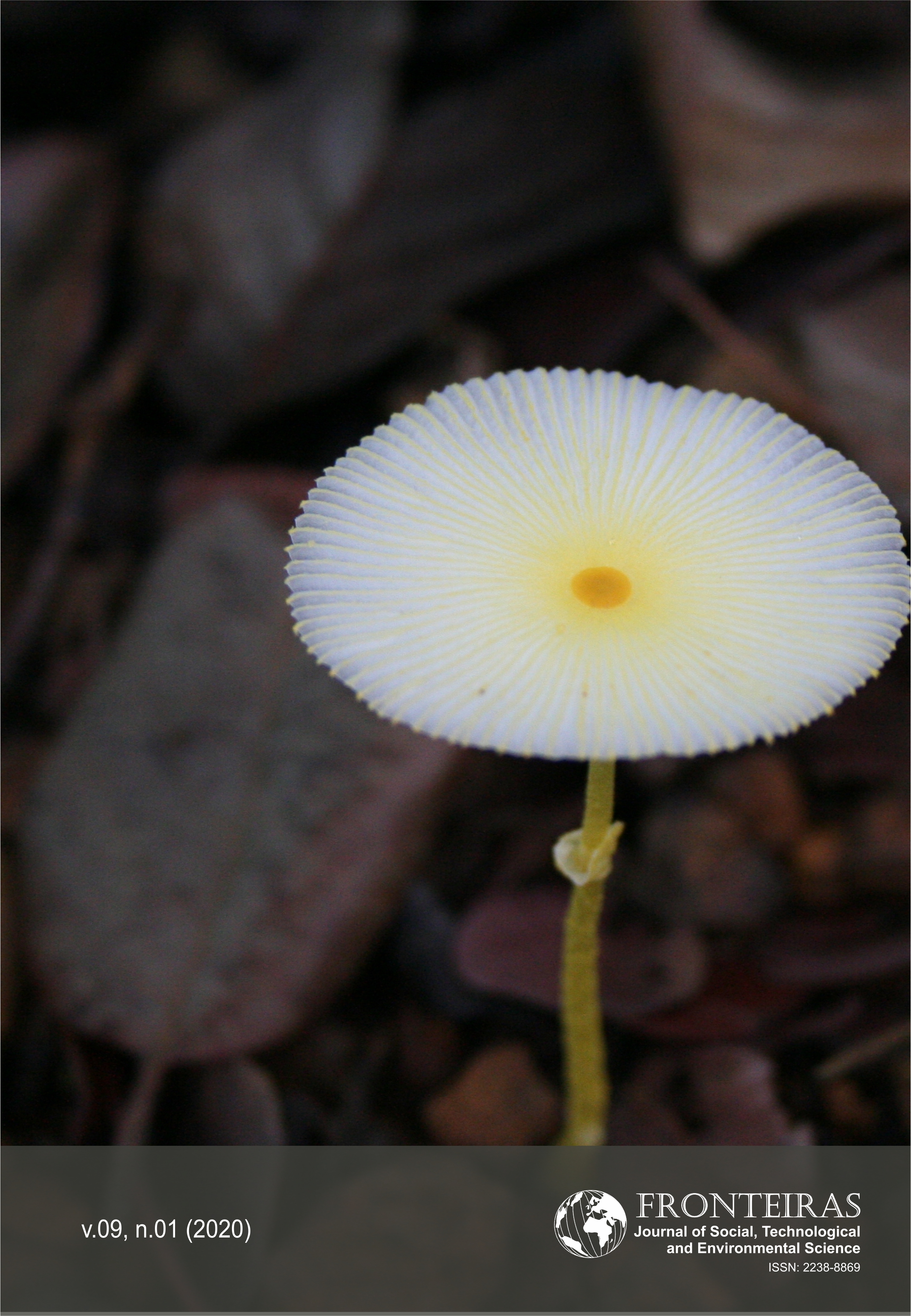Management of Traditional Maize Varieties in Communities of Farmers in Mato Grosso do Sul
DOI:
https://doi.org/10.21664/2238-8869.2020v9i1.p273-292Keywords:
Family Farming, Agrobiodiversity, Mato Grosso do Sul, Zea mays L.Abstract
This article aimed to know and to understand the management practices of traditional maize varieties adopted in communities of family farmers – settlers of the Agrarian reform and indigenous Kaiowá - in the municipalities of Sidrolândia, Juti Dourados, in Mato Grosso do Sul. The cultural practices were observed and analyzed considering the following steps of the maize varieties development: seed; soil preparation; corn planting; cultural relations; selection of germplasm (seed); crop and uses of maize; and storage of germplasm (seed). Although these communities support the conservation of traditional maize varieties, the contamination by transgenics and the ecological imbalance are constant threats to the conservation of these varieties. Thus, the establishment of partnerships between institutions is necessary, as well as a broad forum in the state of Mato Grosso do Sul aiming to develop proposals and actions to protect the conservation of the agrobiodiversity of this state.
References
Brand AJ, Colman RS, Costa RB 2008. Populações indígenas e lógicas tradicionais de desenvolvimento local. Interações, 9(2):171-179.
Brasil (Conselho Nacional de Saúde) 2012 [página na internet]. Resolução nº 466, de 12 de dezembro de 2012. Diretrizes e normas regulamentadoras de pesquisas envolvendo seres humano. [publicação 12 dez 2012; acesso 22 abr 2016]. Disponível em: https://bvsms.saude.gov.br/bvs/saudelegis/cns/2013/ res0466_12_12_2012.html.
Carvalho HM 2003. Sementes: patrimônio do povo a serviço da humanidade (subsídios ao debate). Expressão popular, São Paulo, 352pp.
Cassol PK 2013. Construindo a autonomia: o caso da associação dos guardiões das sementes crioulas de Ibarama/RS. UFSM, Santa Maria, 111 pp.
Colman RS, Brand AJ 2008. Considerações sobre o território para os Kaiowá e Guarani. Tellus, 15(08):153-174.
Costa FM, Silva NCA, Ogliari JB 2017. Maize diversity in southern Brazil: indication of a microcenter of Zea mays L. Genetic Resources and Crop Evolution, 64:681–700.
Crespe AC 2015. Mobilidade e temporalidade kaiowá: do tekoha à reserva, do tekoharã ao tekoha. Tese de doutorado, Universidade Federal da Grande Dourados-UFGD, Dourados, 428 pp.
Gliessman SR 2005. Agroecologia: processos ecológicos em agricultura sustentável. UFRGS, Porto Alegre, 653 pp.
Harlan JR 1995. The living fields: our agricultural heritage. Cambridge University Press, Cambridge.
Londres F 2014. Sementes da diversidade, a identidade e o futuro da agricultura familiar. Revista Agriculturas, 1(11):4-8
Santilli J 2009. Agrobiodiversidade e direitos dos agricultores. Peirópolis, São Paulo, 520pp.
Silva NCA, Vidal R, Ogliari JB 2017. New popcorn races in a diversity microcenter of Zea mays L. in the Far West of Santa Catarina, Southern Brazil. Genetic Resources and Crop Evolution, 64:191–1204.
Wanderley MN 2005. Raízes históricas do campesinato brasileiro. In: Vozes, O campesinato no século XXI: possibilidades e condicionantes do desenvolvimento do campesinato no Brasil, Horácio Martins de Carvalho, Petrópolis, p. 26-27.
Zanatta JC, Schiocchet MA, Nadal R 1993. Mandioca consorciada com milho, feijão ou arroz de sequeiro no Oeste Catarinense. In: EPAGRI. Boletim Técnico 64. Florianópolis, p. 37.
Downloads
Published
How to Cite
Issue
Section
License
This journal offers immediate free access to its content, following the principle that providing free scientific knowledge to the public, we provides greater global democratization of knowledge.
As of the publication in the journal the authors have copyright and publication rights of their articles without restrictions.
The Revista Fronteiras: Journal of Social, Technological and Environmental Science follows the legal precepts of the Creative Commons - Attribution-NonCommercial-ShareAlike 4.0 International. 


